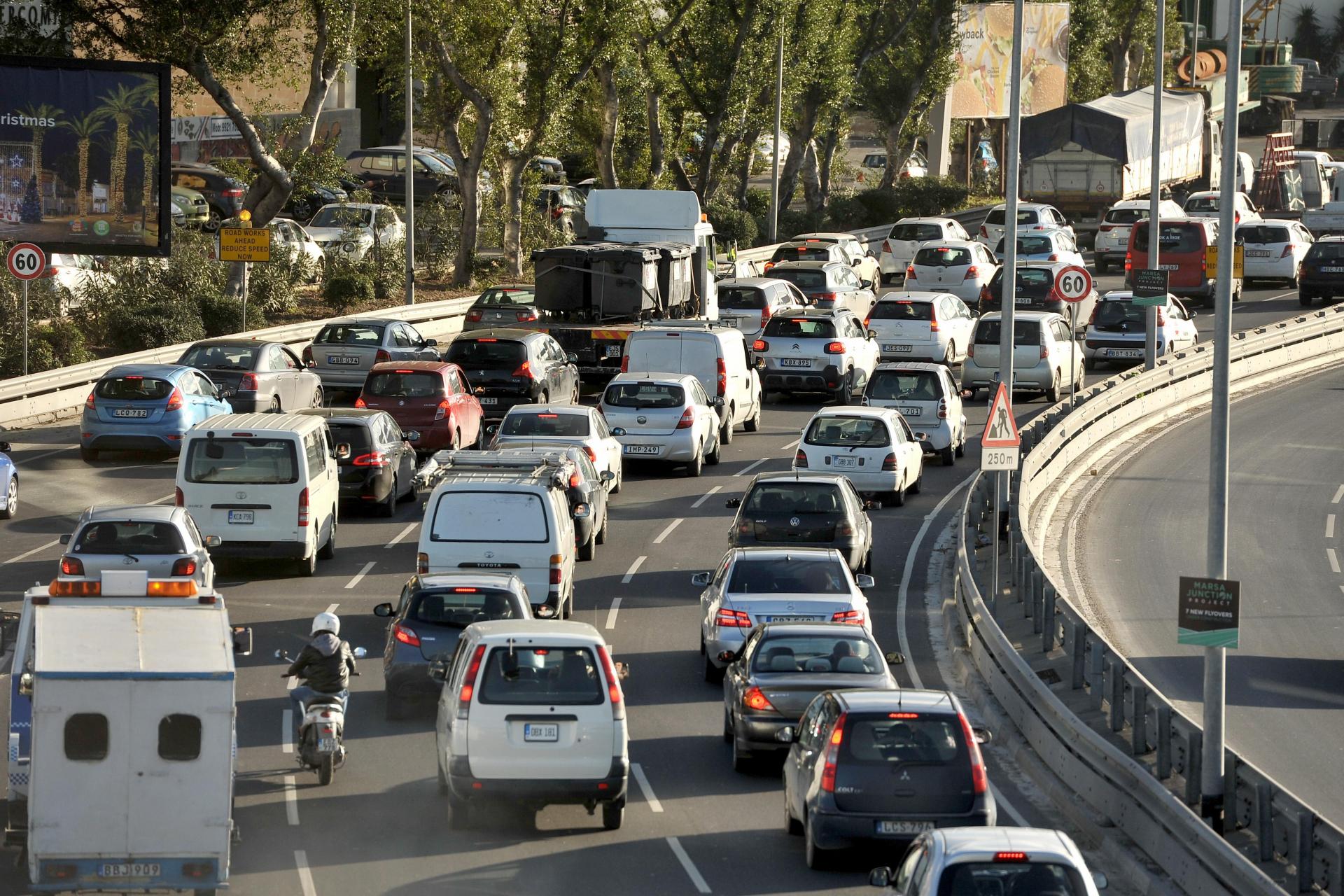We need a total transport reassessment

Malta does not have a concrete vision for transport. A switch to electric cars will reduce pollution but it will not eliminate it.
If the government’s aim is to reduce the number of vehicles on the road and replace a substantial number with battery-operated models, then these will be part of the solution. However, if we replace the current fleet with thousands of electric cars, we will simply create another environmental problem.
Switching power sources does nothing to address the vast amount of space the car demands, which could otherwise be used for green areas, playgrounds, and the like. Electric vehicles do not solve congestion or the extreme lack of physical activity that contributes to obesity and our poor health.
It is to be alleged that the government seems to have no interest in systemic change. It is still focused on building a network of new roads with the premise of reducing traffic congestions. Cycling to work is beneficial to our health and the environment but support from the government in this regard is weak. Also, the major impediment to a cycling revolution is the danger of being hit by a car. Moreover, a switch to electric bikes and scooters is only part of the answer. Truly, this is not a vehicle problem, but an urban design problem created by our favoured vehicle – the car.
Malta should emulate other European states by adopting the concept of a “15-minute city”. The ideal of being able to live, work, shop, dine, be educated – with all the venues for as many of these activities as possible to be within walking distance of each other. It means reconnecting people with their local areas and decentralising city life and services.
This could be a shift that our towns and villages need. It would transform our sense of belonging, our community life, our health, and employment while greatly reducing pollution, noise and danger.
